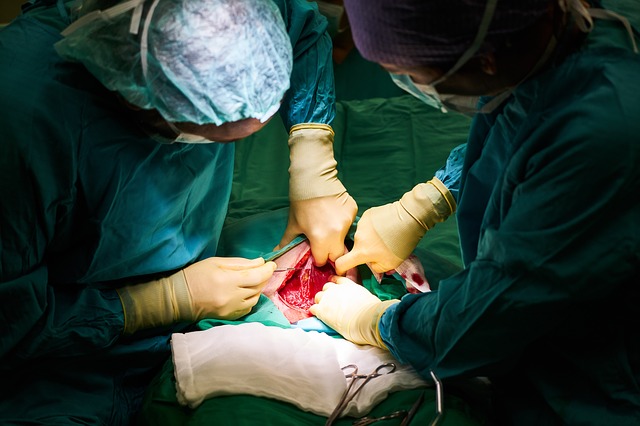
ROME – Chinese health authorities have told a Vatican trafficking conference that Beijing’s efforts to crack down on illegal “underground” organ transplants have resulted in 220 arrests and 100 victims being rescued over the past 10 years.
Dr. Haibo Wang, deputy chief of China’s organ donation and transplant foundation, provided the data as part of China’s years-long effort to convince the international medical community that it no longer harvests organs from executed prisoners.
At a news conference Wednesday, he reaffirmed that the organ harvesting practice officially stopped in 2015 and that China is now working to prevent illegal transplant activity. He said the underground trade, mostly in kidneys, isn’t conducted in hospitals but in remote civilian, non-medical facilities.
“This kind of underground activity – they’re getting smarter, so it’s difficult to identify,” he said.
To combat it, Wang said the health ministry and police had recently initiated a surveillance program to track transplant candidates with potential organ brokers via their communications and social media.
To crack down on transplant tourism, he said China had proposed international information sharing agreements to identify patients on national wait list registries so countries can be alerted at customs if the patients are arriving for possible illegal transplants.
But he acknowledged the proposal is controversial because of medical privacy and ethical concerns.
The Vatican conference was closed to the news media. Last year, at a similar conference, Wang and the head of China’s program, Dr. Dr Huang Jiefu, engaged in spirited debate with trafficking experts who pressed China to allow independent inspections to ensure China’s program meets international standards.
China has rejected independent inspections, but it has proposed a World Health Organization task force to co-ordinate anti-trafficking initiatives.
China’s participation in another Vatican conference was the latest evidence of increased cultural and scientific exchanges, and comes amid indications from the Vatican that an agreement is near over the thorny issue of Chinese bishop appointments.